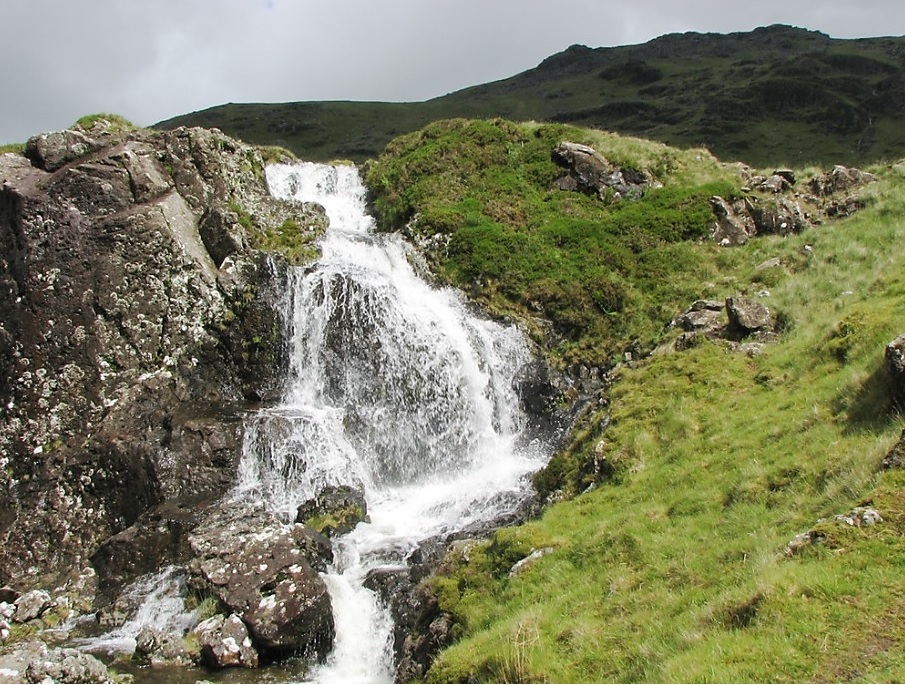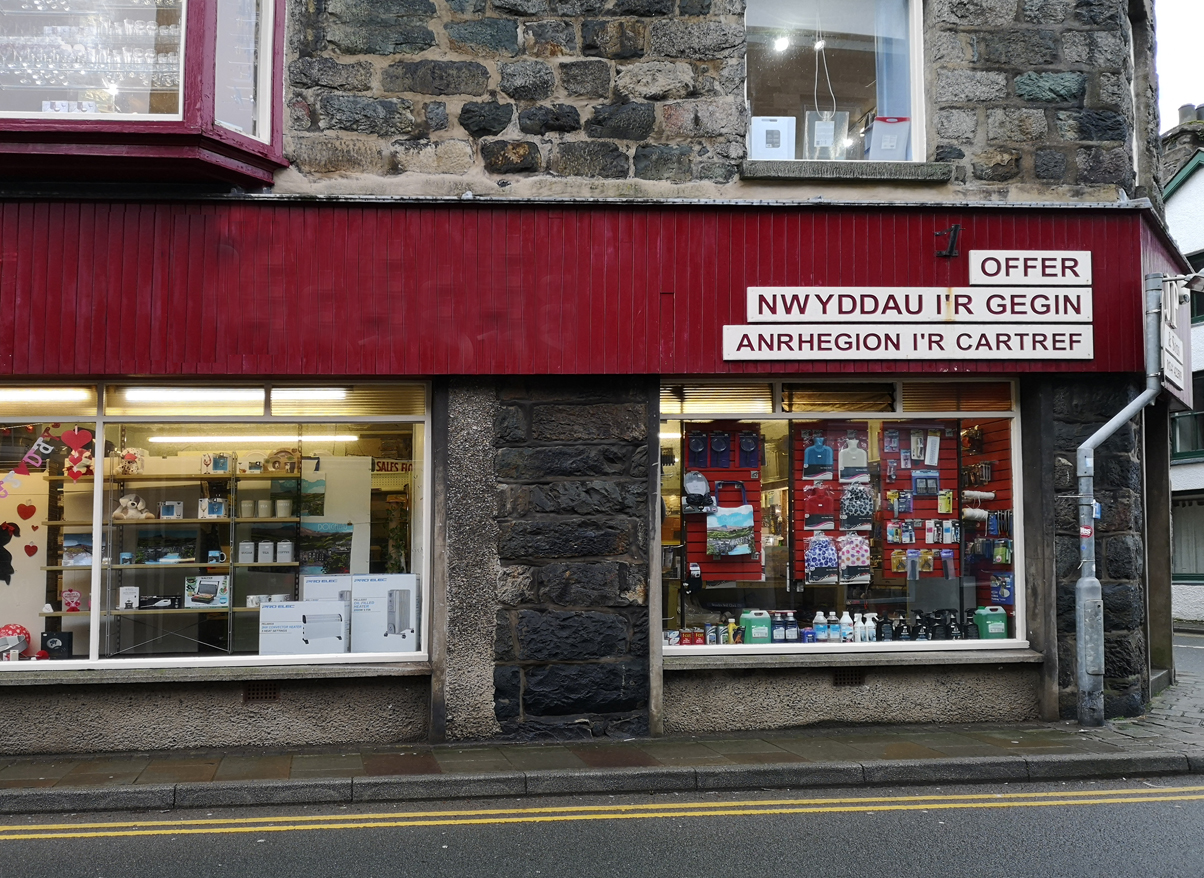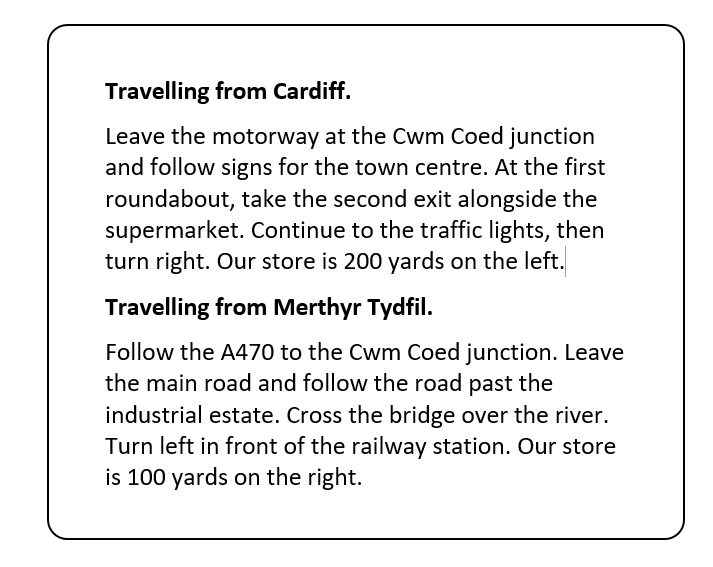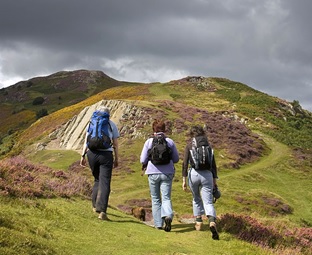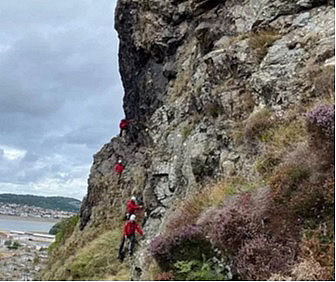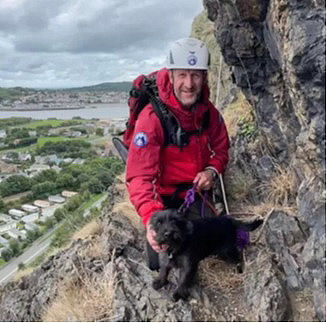Visiting Wales
Wales is a small country but there are many interesting places to see.
Snowdonia has high mountains.
It is popular with walkers and climbers.
Along the coast of Pembrokeshire and the Llŷn Peninsula are sandy beaches and rocky cliffs.
There are beautiful views from the coast path.
South Wales has an important history of coal, iron and steel.
The main cities are Cardiff and Swansea.
They have busy shopping centres and many hotels and restaurants.
Farming and forestry are important in the centre of Wales.
Large reservoirs supply drinking water to cities in Wales and England.
There are many historical sites around Wales.
There are castles and remains of old industries such as slate quarrying and mining for gold, copper and lead.
Translate the sentence:
Wales is a small country but there are many interesting places to see.
Suggested translation: (a number of alternatives acceptable)
